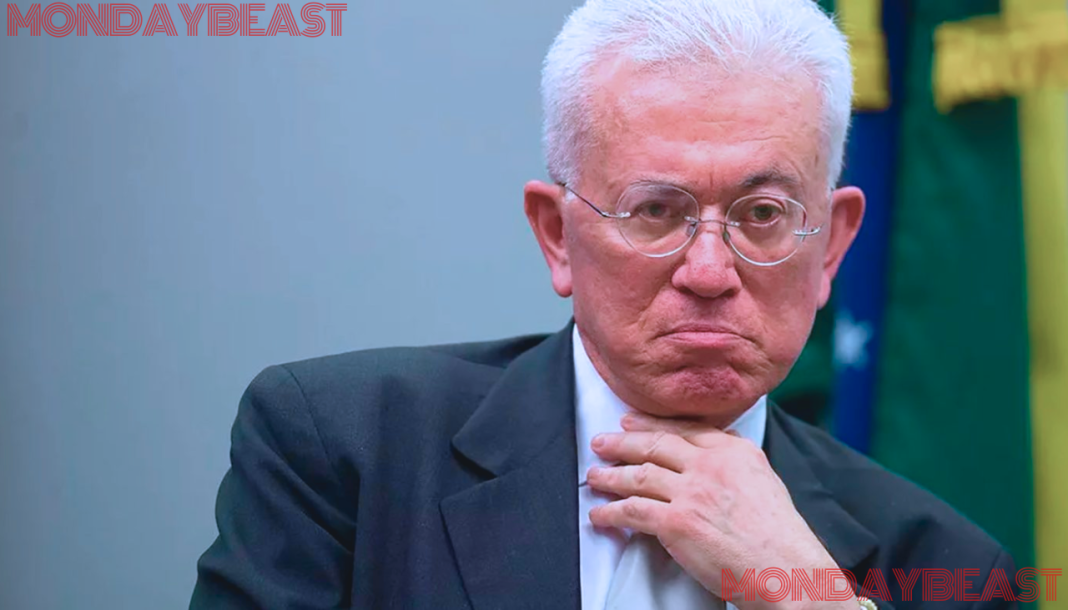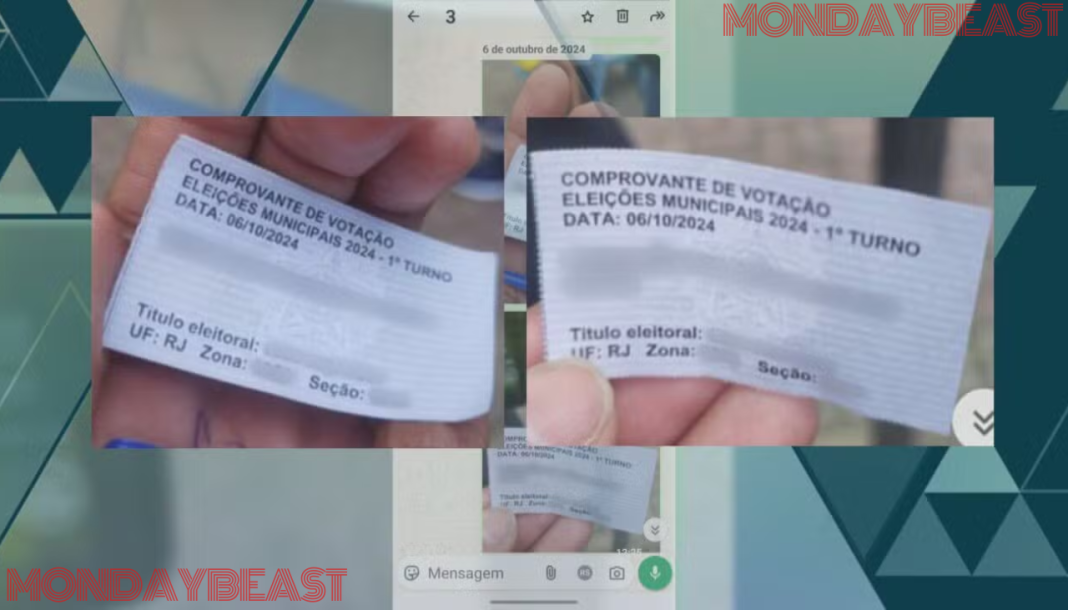In a recent interview with CNN, philosopher Roberto Mangabeira Unger delivered a stark warning. He stated that the left in Brazil and across the globe is currently engulfed in a crisis. But what does that really mean?
Unger attributes this crisis to a fading of traditional distinctions in political parties. He astutely notes that both conservatives and progressives seem to converge more with each passing day. This shift is puzzling. Why are the lines blurring? In many cases, the grand ideals of either side increasingly feel like whispers in the wind.
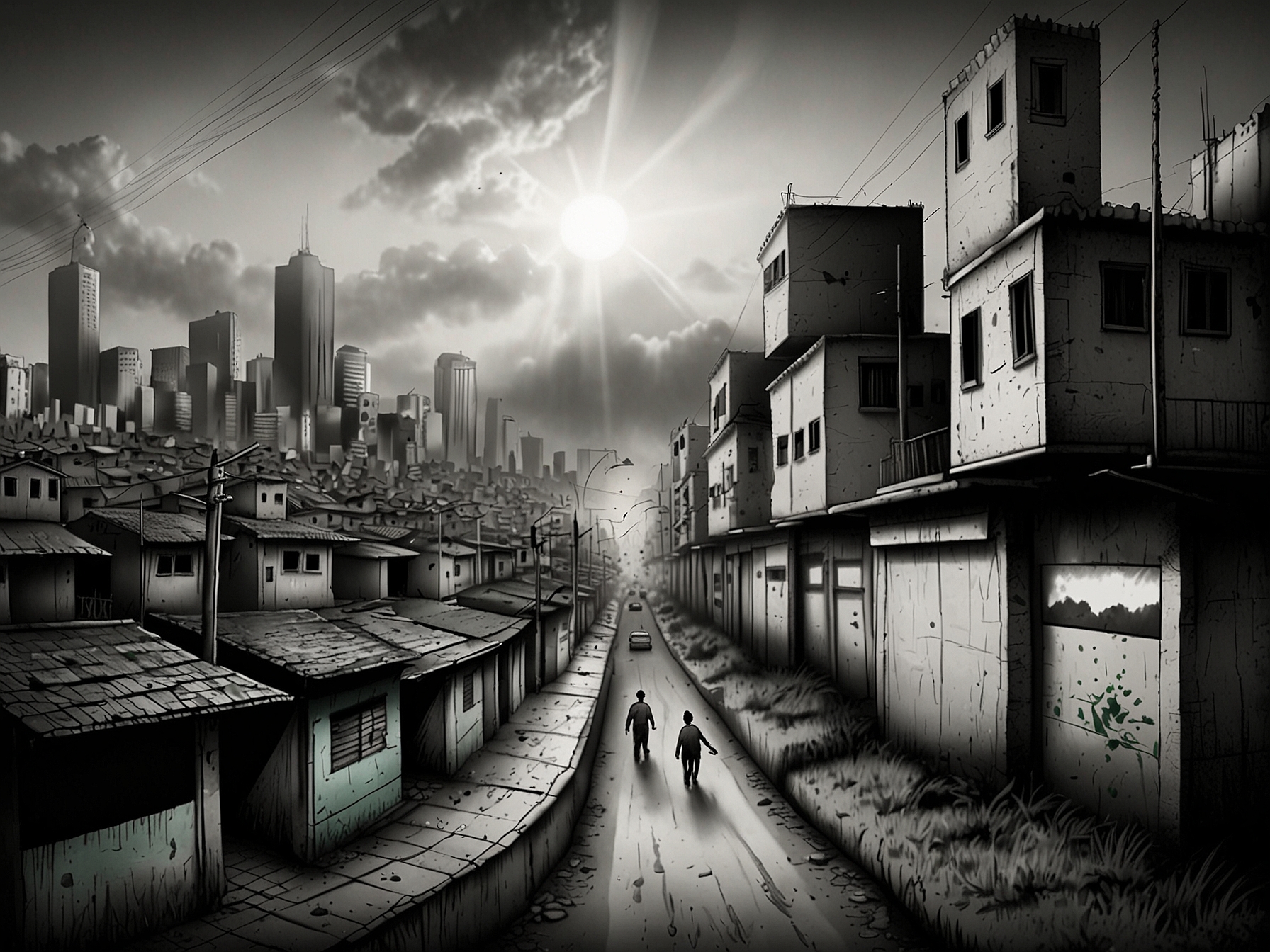
For instance, we can look at Brazilian history. Lula’s government once promised sweeping reforms. Now some argue it’s hard to distinguish between his policies and those of Jair Bolsonaro. How can we reconcile that? Are we witnessing a transition into political mediocrity?
According to Unger, the core issue is a political landscape dominated by what he refers to as financialism and pobrismo. He argues that both ideologies focus too narrowly on their immediate goals. Financialism emphasizes fiscal responsibility, while pobrismo aims to distribute resources to the needy. On the surface, this looks good. But is it enough?
Unger warns that recent administrations relied too much on these policies without addressing deeper economic failures. He believes that this focus is misguided. From his perspective, financialism and pobrismo result in mediocrity rather than real progress.
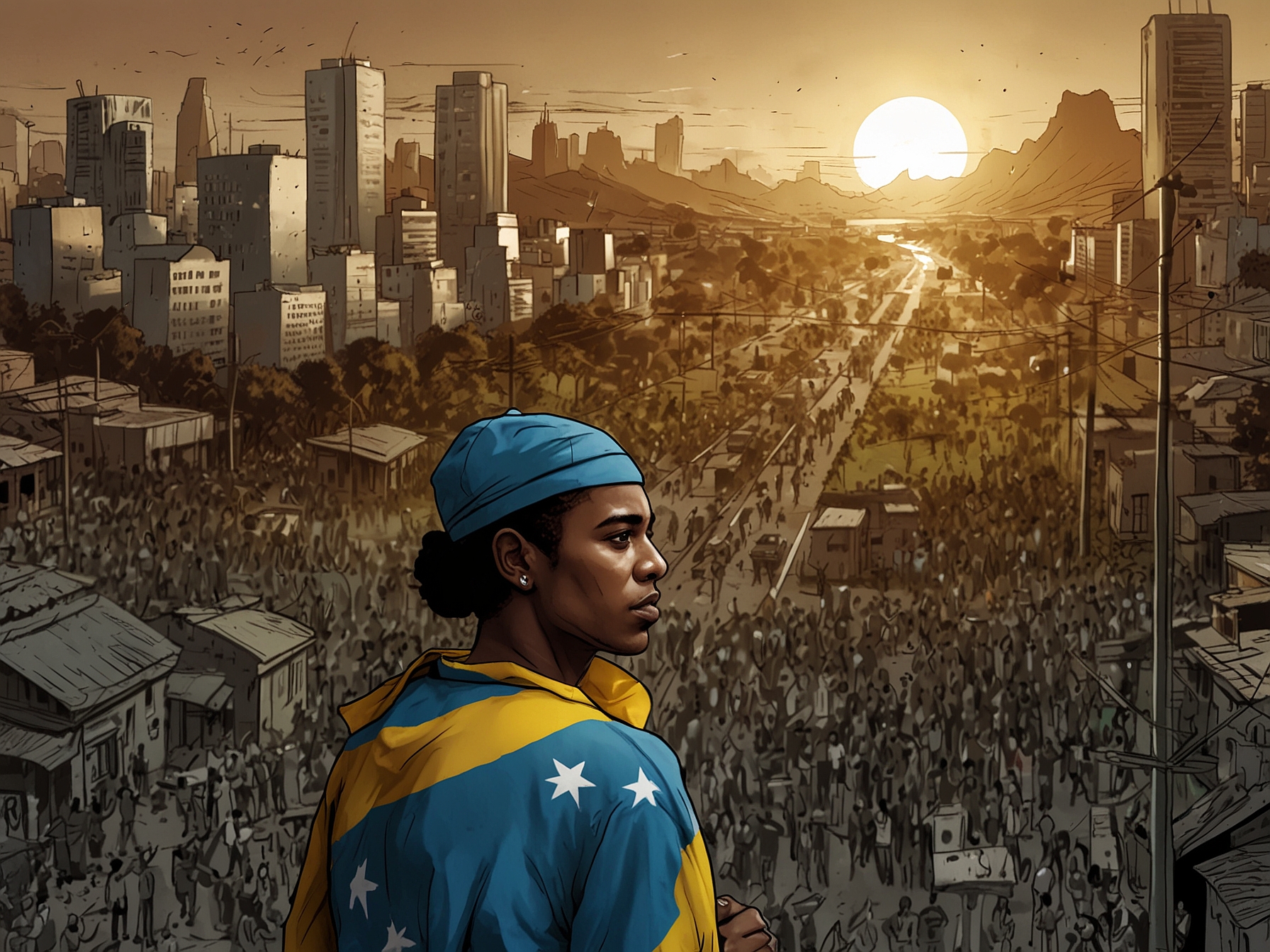
The philosopher paints a dire picture of Brazil’s socio-economic landscape. He states the nation ranks among the most unequal societies. Yet, he insists that the deeper issue at stake is mediocrity. Just imagine living in a society where most dream small, not big. How does that shape our collective future?
Mediocrity, Unger argues, is demonstrated in what he calls ‘primarismo produtivo.’ Brazil’s vibrant dynamism remains untapped. The potential is there, yet people struggle to transform that into tangible success. This disconnect, he believes, is a tragedy that continues to affect millions.
Moreover, the political arena often devolves into deeply polarized moral battles. Unger criticizes this trend. Instead of focusing on these symbolic issues, he advocates for empowering citizens through education and knowledge.
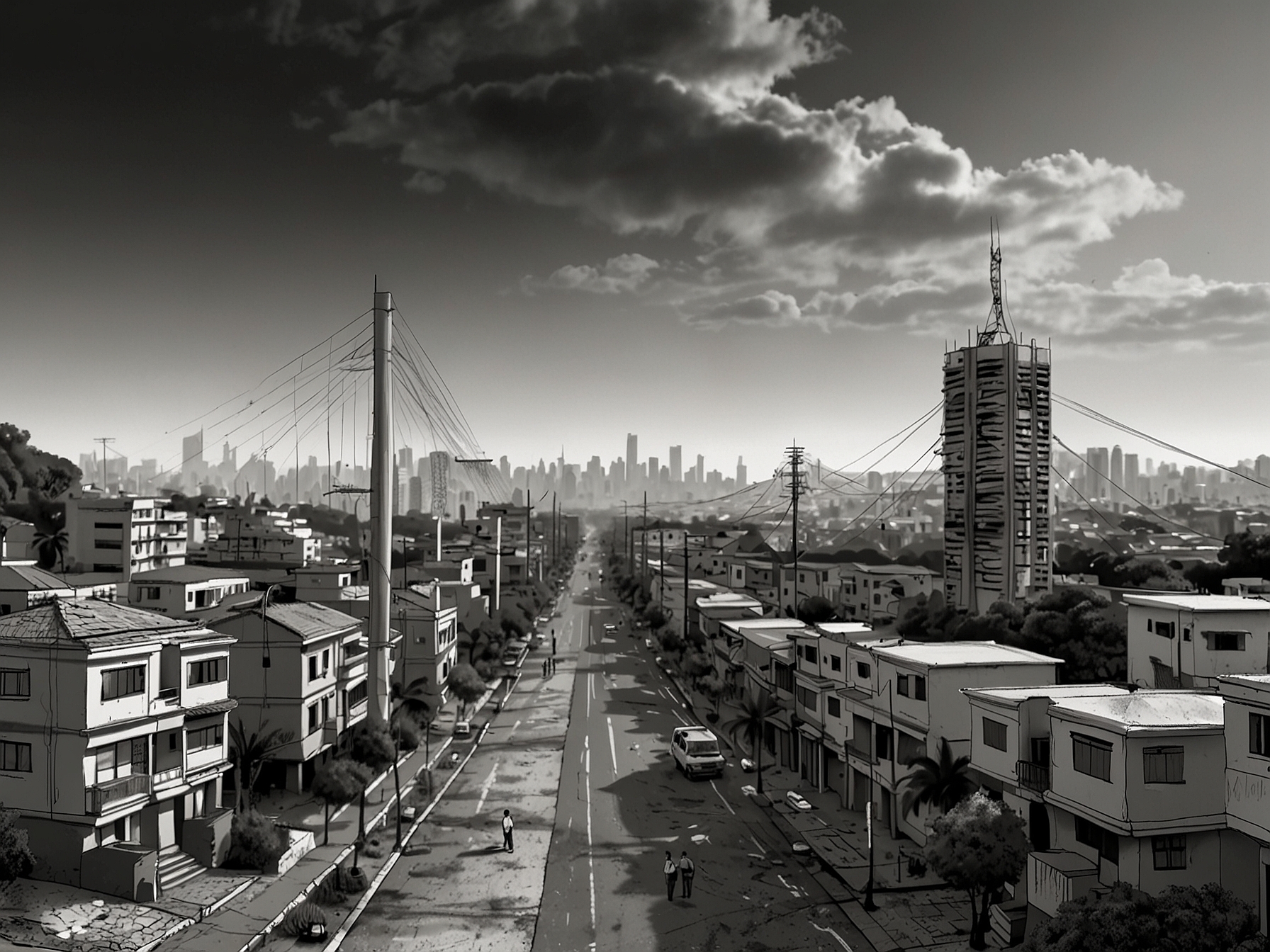
He believes that the public seeks more than just mere handouts. They want genuine opportunities for self-empowerment. Isn’t that a sentiment we can all rally around? Who really wants to feel like they are begging for scraps?
Unger’s insights transcend mere critique—they are a call to action. He urges the necessity for a new political identity, one that fosters authentic citizenship. The issue is no longer confined to the left. Rather, it is a dilemma faced by all political factions. How can the left redefine its relationship with citizens?
In summary, Roberto Mangabeira Unger lays bare a troubling reality. The global left appears trapped in a crisis of identity and efficacy. As the lines between political ideologies fade, what becomes of our collective dreams for a better future?
As you discuss and reflect on these insights, what role will you play in shaping the conversation? The questions raised touch all of us. Whether you’re on the left, right, or somewhere in between, the answers may shape our common destiny.

